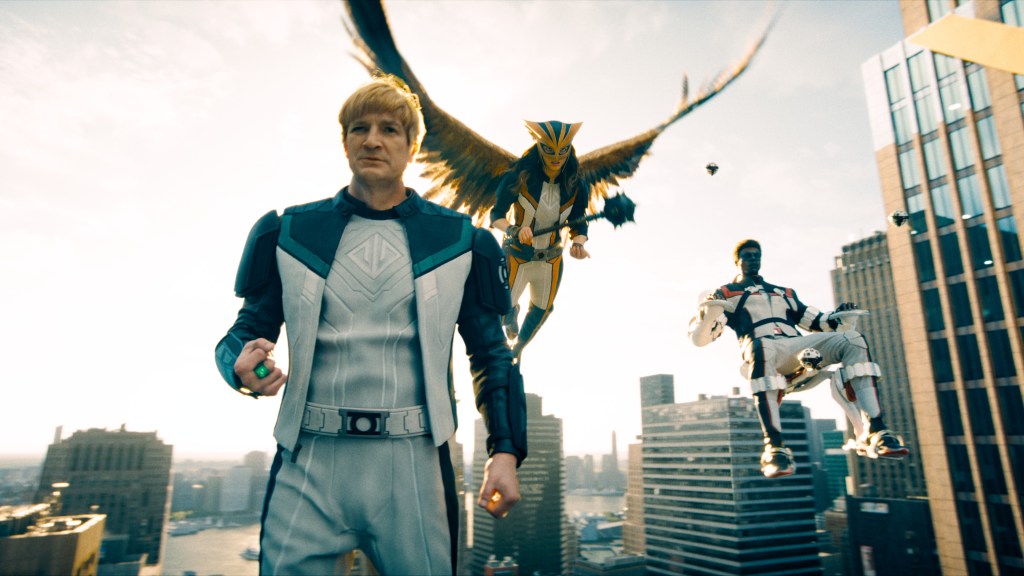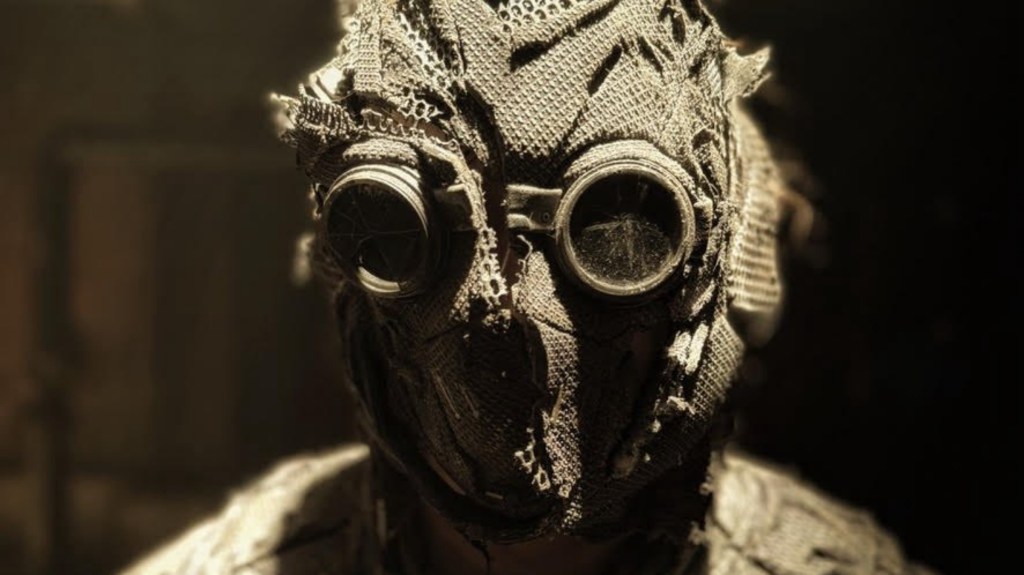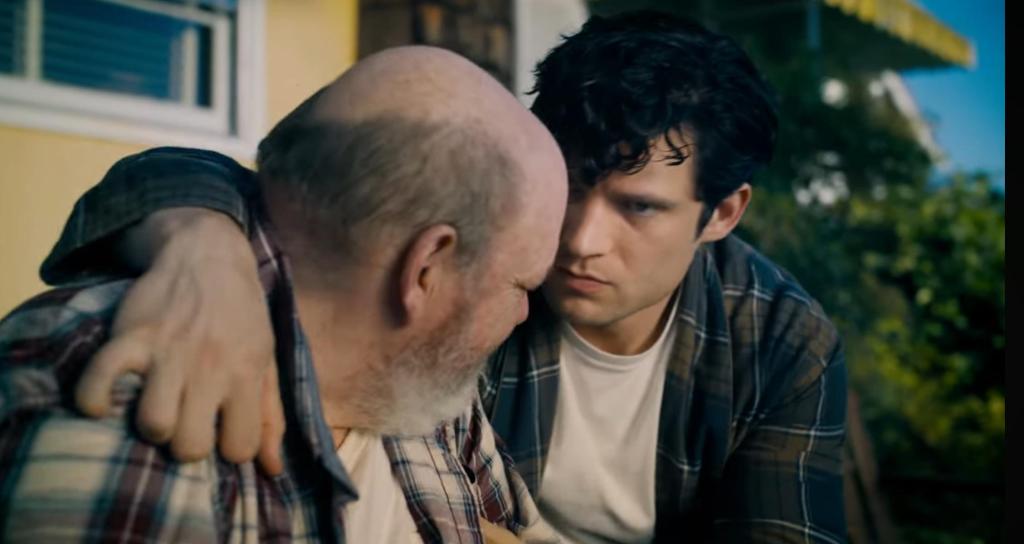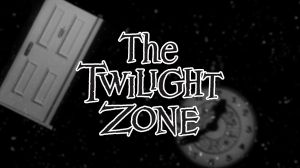James Gunn’s Superman reboot has only been in theaters for two weeks, but it has already generated a massive amount of buzz and conversation related to the title hero. From Superman Returns to Man of Steel, some of the more recent solo films starring the DC icon have been heavily criticized upon release, either for leaning too heavily into nostalgia or deviating too much from the true heart of the character. Gunn’s entry, however, attempts to find a careful balance between the old and the new by referring back to the comics (and the iconic Christopher Reeve films) but without being bound by them.
Videos by ComicBook.com
For some viewers, this take on Superman was greeted as a modern day love letter to one of the world’s most recognizable fictional characters, whereas others were critical of the many reinventions Gunn added to Superman and his lore, and the way in which those changes challenge everything fans thought they knew. Here are the five biggest ways Superman changed the comics, and whether or not those bold swings brought the character to soaring new heights.
5) The Justice Gang Isn’t a Thing in the Comics

In Superman, a new superhero team known as the Justice Gang were introduced – composed of Green Lantern, Hawkgirl, and Mister Terrific. It’s explained that the group are an initiative created and funded by Maxwell Lord, and while all of these characters exist in DC comics, there’s no official team known as the “Justice Gang” in the source material. Rather, these characters are typically seen in other large scale team up forums like the Justice League, or, in the case of Guy Gardner, the Green Lantern Corps.
In many ways, the Justice Gang operates how audiences would expect the similarly named Justice League would. Although tat group is still to come in this new DC universe, for now, the Justice Gang was arguably one of the highlights of the film. Mister Terrific has since become a fan favorite following the release of the film, so much so that an HBO Max spin-off series is reportedly in development. Moreover, with the presence of Gardner’s Green Lantern, Superman also exists as a backdoor pilot of sorts for Green Lantern Corps, another show set to arrive on streaming next year. While the Justice Gang certainly aren’t the Justice League, they do still serve their purpose well, challenging Clark Kent’s evolving worldview throughout the story and providing a fresh narrative device viewers haven’t seen before.
4) Ultraman’s Origins Are Rewritten Entirely

Another major deviation from the comics comes with the appearance of Lex Luthor’s ultimate weapon, Ultraman, who exists as an evil Kryptonian doppelgänger of Superman. In DC Comics, Ultraman is a from a parallel universe (Earth-3) in which the planet Krypton hasn’t been destroyed. He works alongside the Crime Syndicate, which itself is a villainous counterpart to the Justice League. That version of Ultraman was addicted to Kryptonite and operated as a tyrant, but he was always established as a distinct multiversal variant.
In Superman, Gunn opted to change Ultraman’s origins entirely. Rather than being from an alternate universe, the villain is instead a product of Lex Luthor’s scientific experiments in a twisted attempt to create a Superman-like being that would do his being. He’s a genetically engineered clone with no ties to Earth-3 (or any other universe), no multiversal origin, and, instead, exists as a haunting reality of what Clark could have become if it wasn’t for the love and affection from his adoptive parents. Overall, it’s this emotional backing that makes Ultraman’s changes a success, and although it’s a sharp departure from the comics’ broader multiverse lore, it allows the audience to feel greater attachment to Superman come the end of the film.
3) Krypto Is Much More of a Menace

Krypto, the handy canine sidekick of Superman (and Supergirl), was a core highlight among fans and critics upon the release of Superman. In the film, Krypto is shown to be a mischievous, unpredictable, impulsive, and occasionally explosive dog capable of almost anything at any moment. Superman even acknowledges these behavioral concerns in the film, saying that “he may not even be a good dog” before explaining that Krypto still deserves to be rescued from Lex Luthor’s pocket universe.
Gunn’s take on Krypto is actually an inverse of how the dog is typically depicted in the comics. In the source material, Krypto is almost always shown to be obedient, loyal, and well-trained, and while he might occasionally be the cause of chaos as the result of the powers he holds, he’s still a reliable companion alongside the heroes rather than a lovable menace as he is in the film. Gunn choosing to use Krypto as a comedic tool was clearly a popular twist, as fans enjoyed seeing him chew through alien weaponry, tackling teammates spontaneously, flying off mid-mission to chase birds, and becoming an unintentional thorn in the side of the Justice Gang. Krypto still being a heroic, but also far more chaotic and animalistic than his comic book counterpart is a fun twist that adds significant heart to the new film, showcasing a way in which Gunn adapted the source material for the better.
2) Jonathan Kent Is Still Alive—and His Presence Reshapes Clark’s Journey

One of the more subtle but emotionally significant changes Gunn makes in Superman is Jonathan Kent still being alive as his adopted son is an active superhero in Metropolis. Many Superman stories, both on screen and in the comics, show the death of Jonathan Kent as a major moment in the life of Clark Kent. In 2013’s Man of Steel, for example, Jonathan’s death is used as a turning point for Clark, and one that allows him to full grasp the responsibility that comes with his powers along with his compassion for humanity.
While Jonathan’s absence has typically shaped Superman’s inner psyche, Gunn switches that entirely. The character, played with humility and gentleness by Pruitt Taylor Vince, is now a grounding force in Clark’s life that allows him to tap into his humanity in his darkest moment. As a result, Jonathan’s death isn’t a catalyst for Clark. Instead, his very existence is, and is a sharp contrast to decades of storytelling tradition. Given the twist regarding Clark’s biological parents (more on that shortly), this change up from the comics works as it allows the title character to still have a strong father-son chemistry and, more importantly, add even more emotional authenticity to the story. A major criticism of Zack Snyder’s iteration of the Man of Steel is the lack of emotional connection that comes with showing Superman as a god-like figure rather than a human being, but with this Jonathan Kent change, this new version of the character becomes more relatable to audiences, which can only be a good thing moving forward.
1) Superman’s Parents Have a Secret Agenda

By far the biggest and most controversial change that James Gunn made to the traditional Superman lore revolves around the character’s birth parents. In almost every comic story, Jor-El and Lara send their son to Earth out of love and desperation as their planet is being destroyed. Their world is dying, and Earth represents the only chance of survival for their son. The message they send with Kal-El is typically heartfelt, and allows him to recognize his biological origins at the same time as the Kent’s.
In Superman, that message has been edited, quite literally. Lex Luthor reveals to the world that Jor-El’s message is not one of love or affection, but instead is rooted in the survival and power of the Kryptonian people. Audiences learn that the original transmission sent with Kal-El gives him the instruction of ruling Earth, removing anyone that stands in his way, and even securing the long term future of the species by taking many wives. This then re-frames the entire origin story of the character, as Jor-El and Lara weren’t selfless parents desperately trying to save their son. Rather, they planned on resurrecting their civilization by conquering and ruling another planet by any means necessary. Interestingly, this is a story shocker that also took place in the television series, Smallville, so there is some precedent for the decision, albeit not in the comics.
This twist works, and works very well, because of the way in which it forces Superman to directly address his Kryptonian legacy and, more specifically, double down on the values instilled by his Earth parents. It’s a massive shakeup to the mythos of the character, but one that adds an extra layer of moral complexity to the story, and aids in the emotional bond between Superman and the audience.








